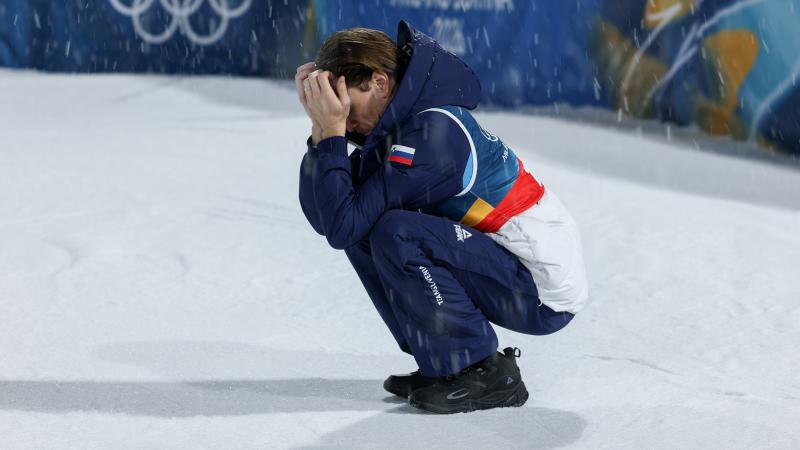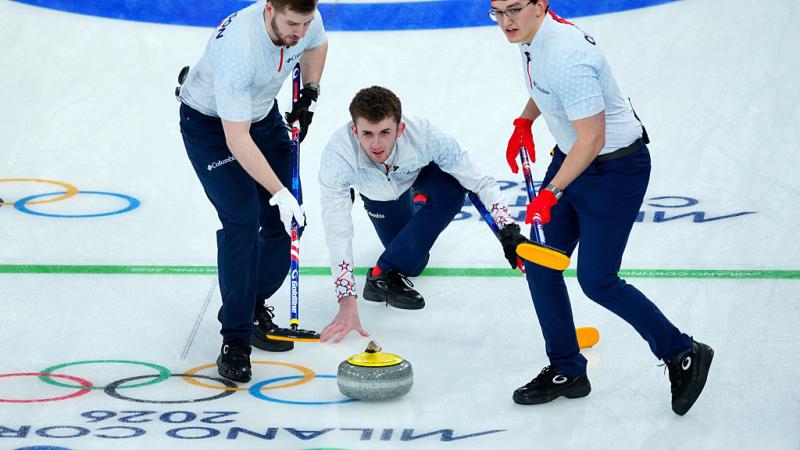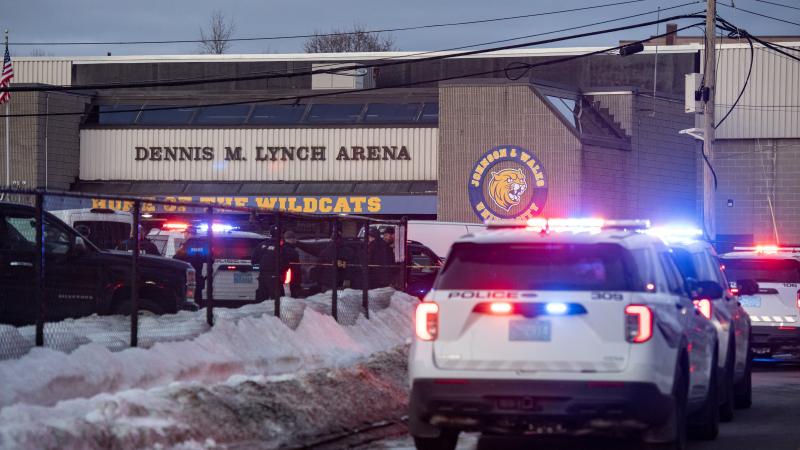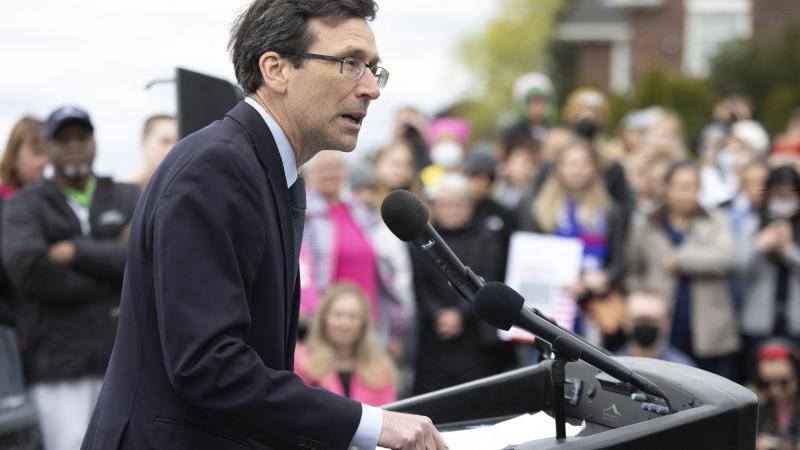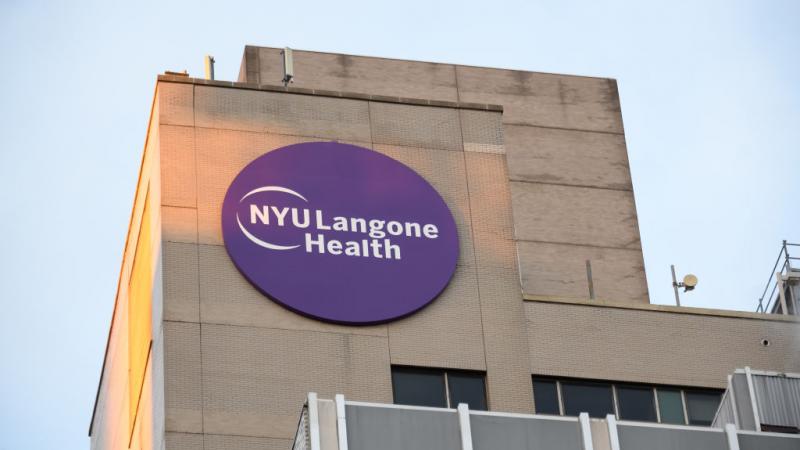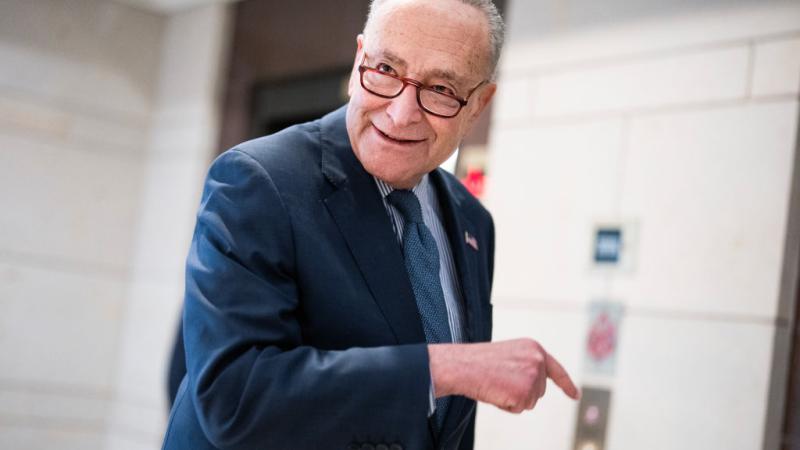Former Trump adviser says Europe in for a 'very bad winter'
Former Chief of Staff to the national security adviser under President Donald Trump Fred Fleitz says that Europe has a bad winter ahead
Former Trump administration official Fred Fleitz is raising concerns about Europe facing a dark winter, considering Russia President Vladimir Putin appears ready to cut off much of the region's energy supply.
"I think we're looking at a very bad winter in Europe," Fleitz, a chief of staff to the national security adviser under President Trump, said Tuesday on the John Solomon Reports podcast. "It looks like Putin is determined to cut off energy. And we know that Europeans have made themselves dependent on Russia for energy."
Moscow in recent months began cutting off Europe's energy supply in response leaders in the region opposing Russia's invasion in late February of Ukraine – starting with less gas from the Nord Stream 1 pipeline.
In June, Russian state energy giant Gazprom cut the flow of gas through the pipeline to just 20% of its capacity.
The pipeline flows directly to Germany, the European bloc's biggest economy, and last year accounted for roughly 35% of Europe's total Russian gas imports.
Last week, Putin threatened to cut off all oil and gas exports to the West as a result of the U.S. and Europe attempting to cap the price of Russian energy.
"There's going to be some rationing and there's going to be some real humanitarian crises across Europe this winter, if Putin cuts off the gas," Fleitz also said.
While some people have suggested shipping American liquified national gas to Europe, Fleitz called that idea "complicated and expensive."
"There aren't enough ships and there aren't enough terminals to take it in," he said.
When asked about America's role in the possible energy crisis, Fleitz said that people have to understand that natural gas is the fuel of the future and to stop pushing for electrically-charged vehicles or green fuels, which won't fill the gap.
"I'd like to hear [President] Joe Biden say that and find ways to get more natural gas into Europe and encourage the Europeans to turn on their their nuclear plants," Fleitz continued. "I understand that Germans won't do that, which I just think is insane. There are solutions to this. I don't think they're going to save Europe this winter, but maybe in the future."

